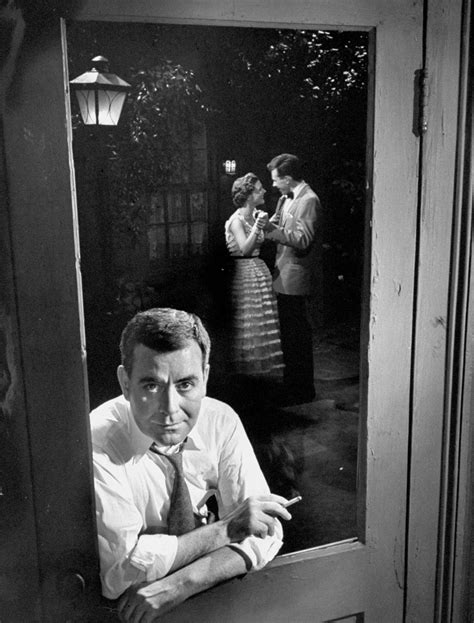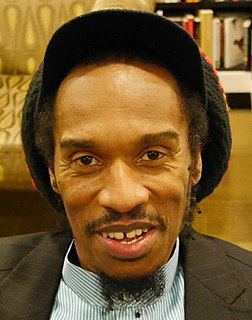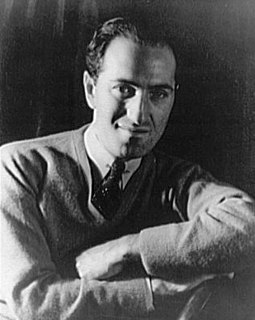A Quote by Horton Foote
I come out of a strong oral tradition in the South.
Related Quotes
From 1962 to 1965 the US was dedicated to try to prevent the independence of South Vietnam, the reason was of course that Kennedy and Johnson knew that if any political solution was permitted in the south, the National Liberation Front would effectively come to power, so strong was its political support in comparison with the political support of the so-called South Vietnamese government.
Americans, Poles, and the nations of Europe value individual freedom and sovereignty. We must work together to confront forces, whether they come from inside or out, from the South or the East, that threaten over time to undermine the values and to erase the bonds of culture, faith and tradition that make us who we are.
Gershwin's melodic gift was phenomenal. His songs contain the essence of New York in the 1920s and have deservedly become classics of their kind, part of the 20th-century folk-song tradition in the sense that they are popular music which has been spread by oral tradition (for many must have sung a Gershwin song without having any idea who wrote it).





































